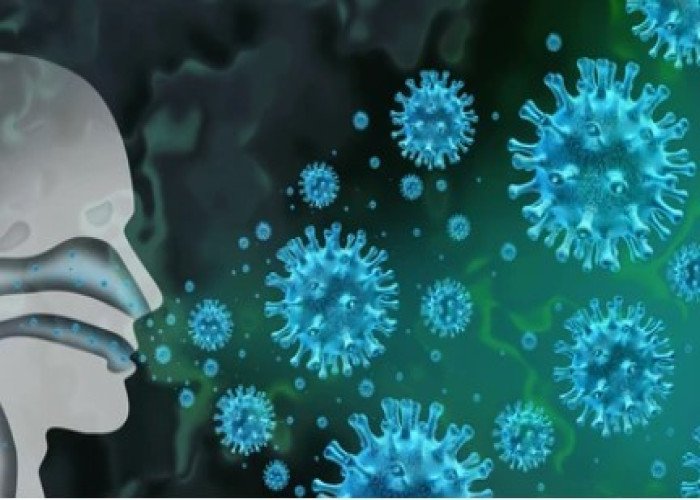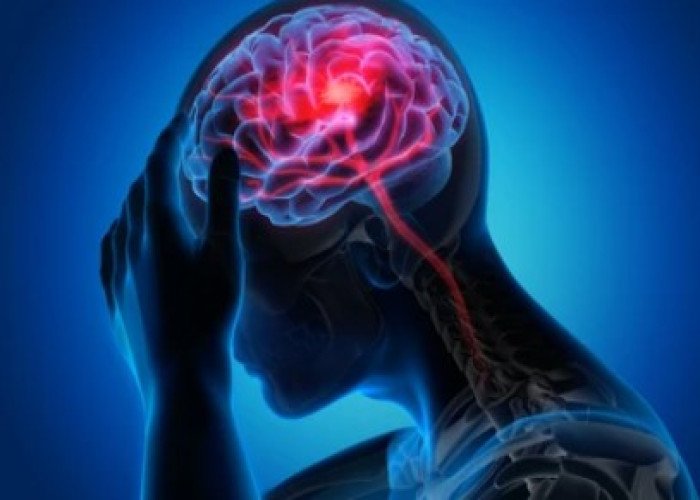 Welcome
Welcome
“May all be happy, may all be healed, may all be at peace and may no one ever suffer."
- A
- B
- C
- D
- E
- F
- G
- H
- I
- J
- K
- L
- M
- N
- O
- P
- Q
- R
- S
- T
- U
- V
- W
- X
- Y
- Z
Menstrual cramps - Homeopathic remedies
Menstrual cramps, also known as dysmenorrhea, are common in women and are caused by contractions of the uterus during menstruation. These cramps can range from mild to severe and can be accompanied by other symptoms such as bloating, headaches, and nausea.
There are several things that can help alleviate menstrual cramps, including over-the-counter pain relievers such as ibuprofen or acetaminophen. Applying heat to the lower abdomen, either through a heating pad or warm bath, can also be helpful in reducing cramps. Exercise, such as yoga or light stretching, can help alleviate pain and discomfort.
In addition to these self-care measures, there are other treatments available for menstrual cramps. Hormonal birth control, such as the pill or IUD, can help regulate menstrual cycles and reduce the severity of cramps. For severe cases, prescription pain medication or surgery may be necessary.
If you are experiencing severe menstrual cramps or other symptoms that interfere with your daily life, it is important to speak with your healthcare provider. They can help identify any underlying conditions that may be contributing to your cramps and recommend appropriate treatment options.

Boil

Hiccups

Regret

Skin is thick

Influenza

Filariasis

Hives

Headache
Menstrual cramps, ঋতুকষ্ট
To be happy, beautiful, healthy, wealthy, hale and long-lived stay with DM3S.